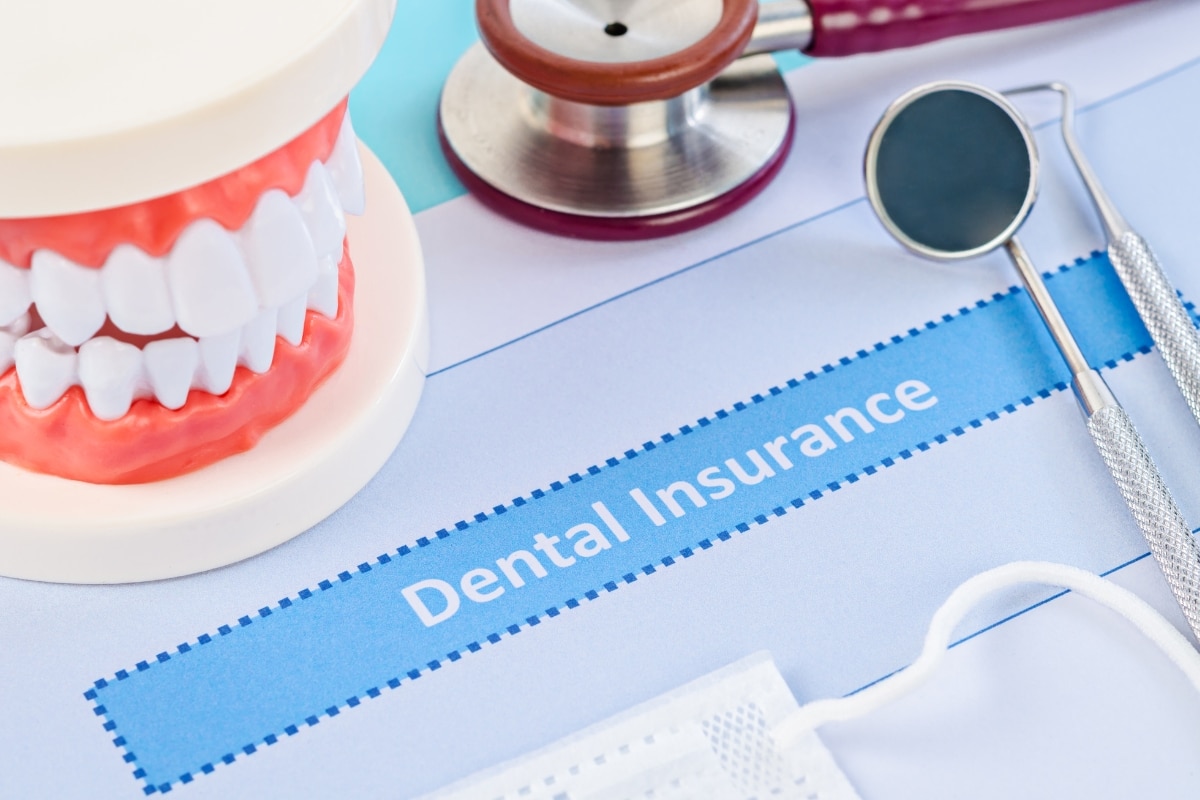
Prevention is always preferable to cure when it comes to dental care, and in certain situations, it’s even more preferable than extra dental treatments. Knowing how to avoid getting dental work that may not be necessary in the first place is crucial, given the rising costs of healthcare and the pain that is frequently connected with dental surgeries. Because your teeth (and wallet) deserve it, let’s explore some clever ways to help you avoid needless dental procedures.
5 Ways To Avoid Extra Dental Treatments
1. Give preventive dental care a priority
Your first line of defense should be your oral regime. Good dental hygiene and early detection can help prevent many invasive treatments.
What should you do?
- Use fluoride toothpaste to brush twice a day.
- To get rid of plaque between teeth, floss every day.
- Make use of mouthwash that is antimicrobial.
- See a dentist for examinations and cleanings every six months.
In addition to protecting your teeth, preventive care allows our dentist to identify problems early on.
2. Learn About Your Dental Options
Not all dental problems need an extraction, root canal, or crown. Less intrusive alternatives are occasionally offered, although patients aren’t usually aware of them.
How to stay informed?
- Inquire with the dentist about treatment choices.
- Examine your condition and your options.
- Ask for illustrations (X-rays, models, diagrams) to provide clarification.
- Never be afraid to ask, “Can I consider it first?”
You may make decisions regarding your oral health with confidence if you are an informed patient.
3. Always Get Another View
Consider seeking a second opinion before consenting to significant or expensive extra dental treatments, particularly if something doesn’t feel quite right.
When to look for another opinion?
- If a dentist suggests substantial work without explaining.
- If you’ve never felt any discomfort or symptoms.
- If the recommended treatment is costly or irreversible.
When obtaining second opinions, up to 30% of patients receive treatment recommendations that differ significantly, according to a survey by the American Dental Association.
This only indicates that getting another professional viewpoint can provide clarity, not that your dentist is incorrect.
4. Build a Relationship With a Trusted Dentist
Jumping from one dental office to another for discounts or convenience may cost you more in the long run. A dentist who knows your dental history can offer consistent and personalized care.
Benefits of sticking with one dentist
- Better understanding of your long-term oral health.
- More accurate recommendations.
- Increased trust and communication.
- Continuity of care.
Choose a dentist who values transparency, education, and patient comfort.
5. Watch for These Red Flags
Some warning signs may suggest a dentist is recommending more than what’s truly necessary for your oral health. Staying alert to these can save you from discomfort, expense, and regret of getting extra dental treatments.
Potential red flags include:
- Pushy sales tactics or “limited time” offers.
- Pressure to get work done immediately.
- Lack of clear explanation or avoidance of your questions.
- Recommendations that don’t match your dental symptoms.
Another concern is being told you need extra dental treatments suddenly, especially if you’ve had no prior issues. Be cautious if your questions are brushed off or if the proposed procedures feel excessive.
Always listen to your gut—if something doesn’t sit right, trust your instincts and consider getting a second opinion. Your oral health deserves thoughtful care, not a rushed one.
Empower Your Dental Decisions
Preventing unnecessary dental procedures starts with awareness, routine care, and open communication. By staying informed, asking questions, and building a strong relationship with your dental provider, you can make decisions that truly benefit your oral health—without undergoing treatments you don’t need.
Remember, you’re the owner of your smile, and you have every right to understand what’s happening with it.





